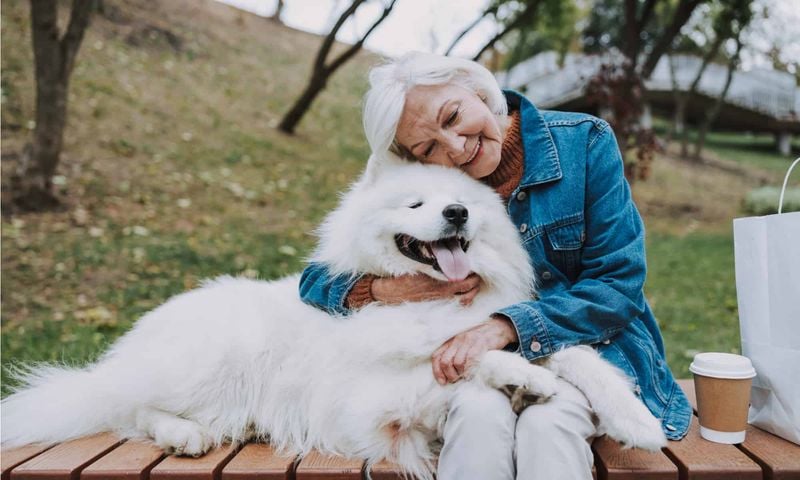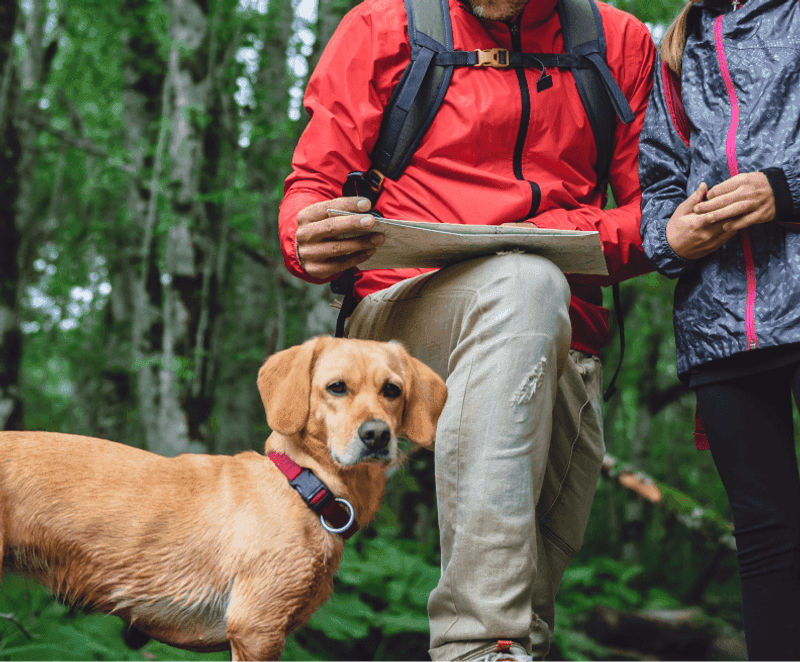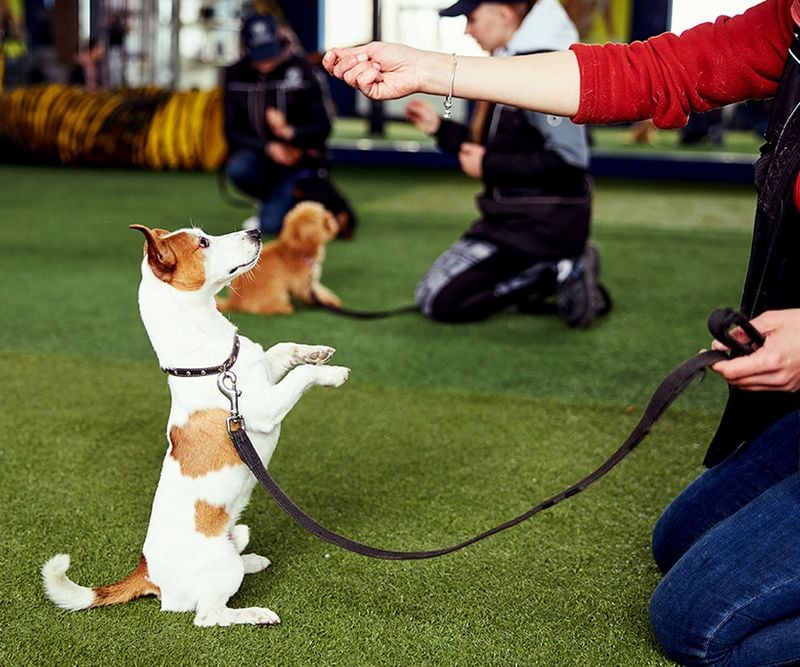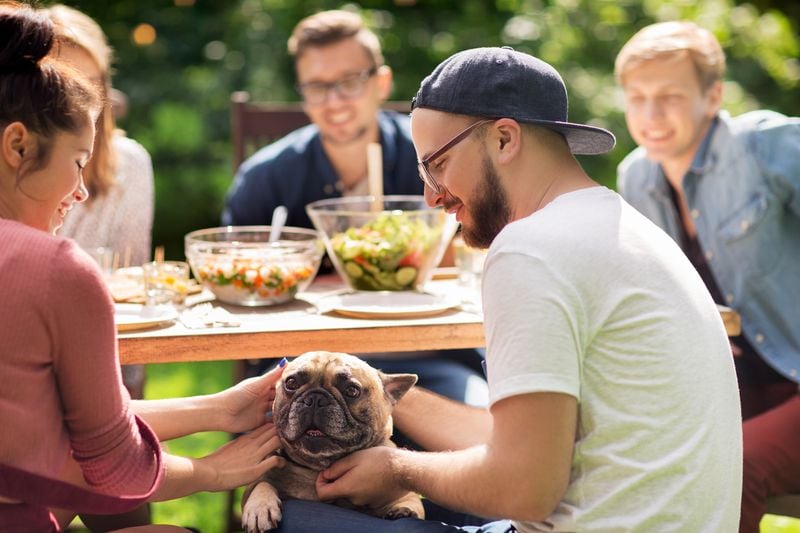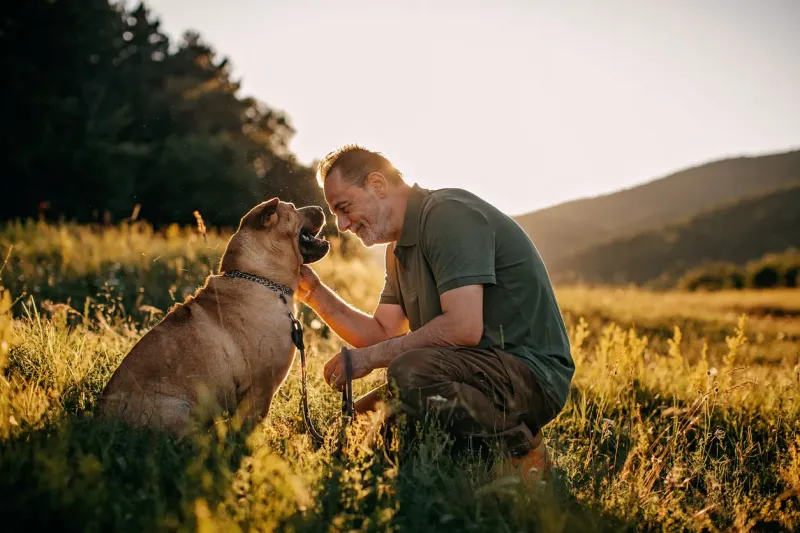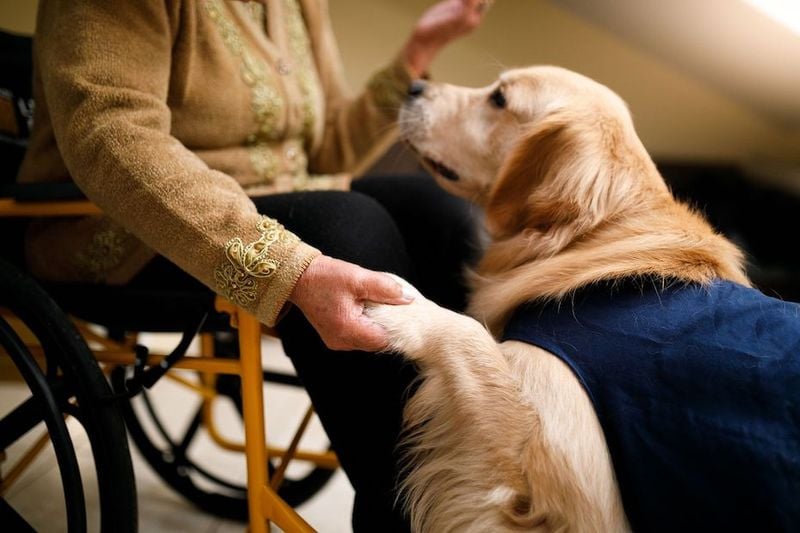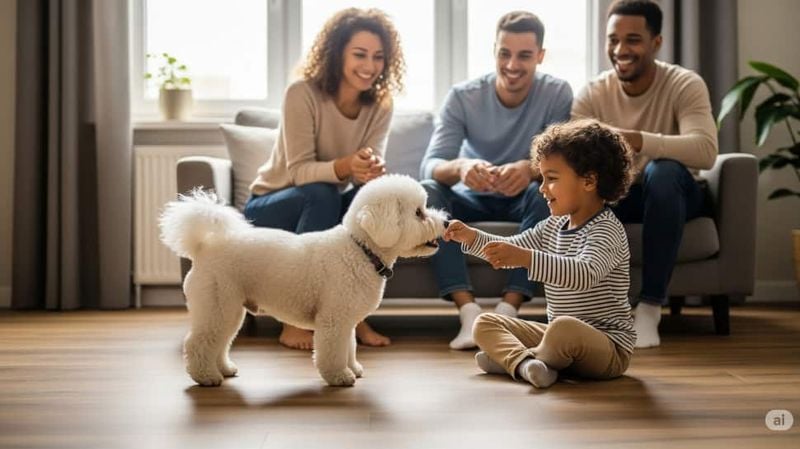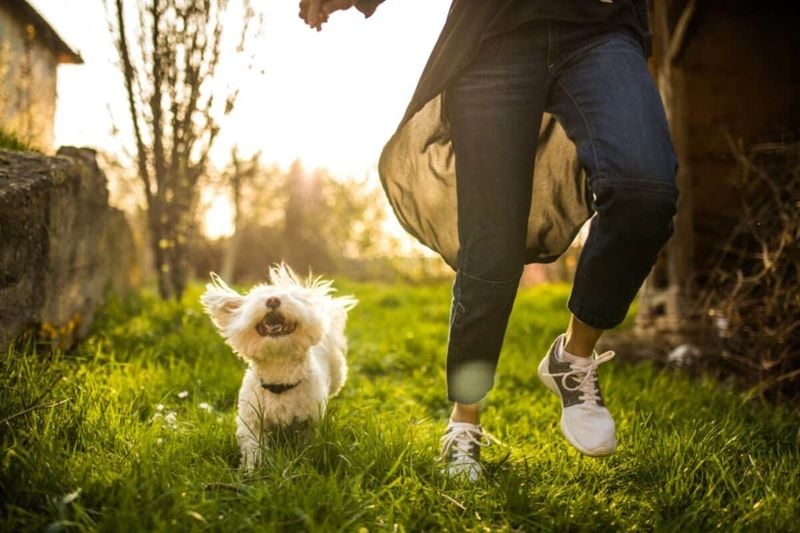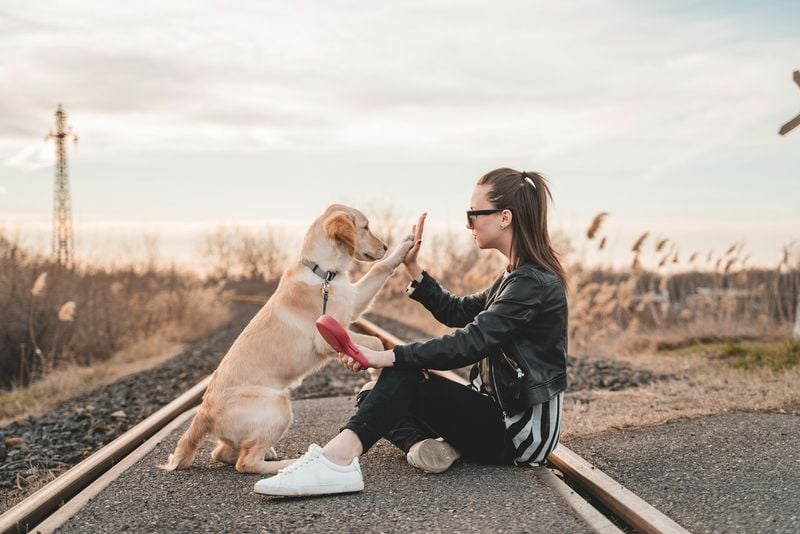13 Reasons Why Some People Prefer Dogs Over Cats
The age-old debate between dog lovers and cat enthusiasts has sparked countless conversations, memes, and friendly rivalries over the years. While both animals have earned their rightful place in our homes and hearts, dogs often emerge as the preferred companions for a wide range of reasons. It’s not just about wagging tails or slobbery kisses—dogs bring a level of loyalty, energy, and emotional connection that some pet owners simply can’t imagine living without.
For many, dogs aren’t just pets—they’re family members, workout buddies, adventure partners, and even emotional support systems. They greet you like a rock star every time you walk through the door, stick by your side during tough times, and have an uncanny ability to sense your moods. Their eagerness to bond and their devotion to their humans can be both comforting and rewarding.
Of course, cats have their own charm with their independence and quiet companionship, but dogs offer a more active and expressive kind of love. From their protective instincts to their enthusiastic participation in family life, it’s no wonder some people proudly call themselves “dog people.”
So, what exactly makes dogs so lovable—and for many, so preferable? Let’s dig into the top reasons why some folks find themselves firmly on Team Dog.
1. Unmatched Loyalty
Dogs write the book on loyalty. They stand by their humans through thick and thin, waiting patiently for your return whether you’ve been gone for hours or minutes. This devotion isn’t just heartwarming—it’s backed by thousands of years of evolution.
Remember the story of Hachiko, the dog who waited at a train station for nine years after his owner passed away? While extreme, this tale illustrates the extraordinary bond dogs form with their people.
Cat affection can be wonderful too, but dogs typically demonstrate their attachment more consistently and visibly, making their loyalty feel more tangible to many pet owners.
2. Always Up For An Adventure
Fancy a hike in the mountains? Your dog is already waiting by the door with tail wagging. Unlike most cats who prefer the comforts of home, dogs make excellent adventure buddies for outdoor enthusiasts.
From camping trips to beach days, dogs adapt to new environments with enthusiasm. They’ll happily explore trails, splash in streams, or ride shotgun on road trips. This companionship transforms solo activities into shared experiences.
Many dog owners cherish these moments of discovery with their four-legged explorers. The joy on a dog’s face when experiencing something new creates memories that last a lifetime.
3. Easier To Train
Dogs thrive on structure and guidance. Their pack mentality makes them naturally inclined to follow a leader—you! This instinct creates the perfect foundation for successful training sessions.
Teaching a dog to sit, stay, or come when called isn’t just possible—it’s expected. Many dogs can master basic commands in just a few weeks. Advanced training like agility courses or service work showcases their remarkable learning abilities.
Cats can learn tricks too, but their independent nature often makes the process more challenging. Dogs genuinely want to please their humans, making training both effective and rewarding for everyone involved.
4. Built-in Security System
A barking dog provides peace of mind that’s hard to match. Their acute hearing detects unusual sounds long before human ears, alerting households to potential dangers or unexpected visitors.
Statistics show homes with dogs experience fewer break-ins. Even small breeds can serve as effective deterrents with their noise-making abilities. The territorial nature of dogs means they naturally protect their family and property.
Beyond physical protection, dogs offer emotional security too. Many people sleep better knowing their loyal guardian is nearby, ready to sound the alarm if anything seems amiss. This natural protective instinct is something many cat owners simply don’t experience.
5. More Social Companions
Dogs are natural social butterflies. They thrive on interaction with both humans and other animals, making them perfect for people who value companionship. Your dog will likely greet every family member with enthusiasm and join whatever activity is happening.
Taking your dog to the park often leads to conversations with other dog owners. Many lifelong friendships have started with a simple, “What breed is your dog?” Dogs serve as social catalysts, breaking the ice and connecting people.
Most cats enjoy solitude and independence, which works perfectly for some owners. But those seeking constant interaction and engagement often find dogs’ social nature more fulfilling and emotionally rewarding.
6. Better For Active Lifestyles
Morning jogs become more enjoyable with a four-legged running partner. Dogs provide both motivation and companionship for people with active lifestyles, making exercise feel less like a chore and more like quality time.
Many breeds were specifically developed for physical activities—herding, hunting, or pulling sleds. This gives active owners a perfect match for their energy levels. Whether playing fetch, swimming, or hiking mountain trails, dogs enthusiastically participate in physical activities.
Having a dog actually improves human health outcomes. Studies show dog owners walk an average of 22 minutes more per day than non-dog owners. That extra movement adds up to significant health benefits over time!
7. Expressive Emotions

Dogs wear their hearts on their furry sleeves. Their faces light up with joy when you return home, they hang their heads when scolded, and they tilt their heads in adorable confusion. This emotional transparency creates a connection that many find deeply satisfying.
Science backs this up too. Dogs produce oxytocin (the “love hormone”) when interacting with their owners, and humans experience the same chemical response. This mutual emotional reaction strengthens the human-canine bond in unique ways.
While cats certainly have emotions, many people find dogs’ expressiveness easier to read and more rewarding. The unfiltered excitement of a wagging tail provides instant emotional feedback that brightens even the darkest days.
8. Eager To Please
A dog’s desire to make you happy forms the foundation of your relationship. That eager-to-please attitude shines through when they bring you toys, perform tricks without treats, or simply stay by your side when you’re feeling down.
This natural inclination toward cooperation makes daily life with dogs smoother. From taking medicine to meeting new people, dogs generally follow guidance because they want your approval. Their receptiveness to praise creates a positive cycle that strengthens your connection.
Cats certainly show affection, but their independent nature means they typically operate on their own terms. Many people prefer the more collaborative relationship that develops with a dog who prioritizes your happiness.
9. Versatile Workers
Beyond companionship, dogs serve society in remarkable ways. From guiding the visually impaired to detecting seizures before they happen, working dogs showcase abilities cats simply don’t possess.
Police K-9s track missing persons and detect contraband. Therapy dogs comfort patients in hospitals and nursing homes. Herding dogs manage livestock with astonishing skill. This versatility stems from centuries of breeding for specific tasks and dogs’ natural desire to work alongside humans.
Service dogs transform lives daily, providing independence to people with disabilities. Their capacity to learn complex tasks and make judgment calls demonstrates intelligence that goes far beyond simple obedience, making them invaluable partners in countless professional settings.
10. Great For Families With Kids
Many dog breeds possess a natural gentleness with children. They tolerate ear-pulling and clumsy hugs with patient understanding, as if they recognize the difference between adults and kids.
Growing up with dogs teaches children responsibility, empathy, and unconditional love. Children often form their first meaningful non-human bonds with family dogs, creating memories that last a lifetime. Research shows kids with dogs develop stronger immune systems and better social skills.
Family dogs participate enthusiastically in backyard games, beach trips, and camping adventures. Their energy matches children’s natural exuberance, creating perfect playmates. While some cats enjoy children too, many prefer quieter environments, making dogs the go-to pet for bustling family households.
11. They Encourage Routine
Dogs thrive on predictable schedules, which naturally helps their owners establish healthy routines. That morning walk happens rain or shine because your furry friend needs it, not because you feel motivated.
Many people find their sleep patterns improve with a dog. Regular feeding times, exercise sessions, and potty breaks create structure that benefits both human and canine health. This built-in accountability system works especially well for people who struggle with consistency.
Mental health professionals often recommend pets—especially dogs—for patients dealing with depression or anxiety. The responsibility of caring for another living being provides purpose and routine when getting out of bed feels impossible, offering a gentle pathway back to normal functioning.
12. Easier To Bond With (For Some)
Dogs actively seek connection with their humans. They follow you from room to room, curl up beside you on the couch, and generally make their affection obvious. This directness helps many people form attachments more quickly than with cats.
Physical touch comes naturally in dog relationships. From belly rubs to ear scratches, this regular contact releases oxytocin for both parties. Studies show petting a dog for just 15 minutes significantly reduces stress hormones in humans.
For those who appreciate clear emotional feedback, dogs deliver consistent responses to affection. Their whole-body wiggles of happiness provide immediate positive reinforcement. While cat bonds can be equally deep, many find the straightforward nature of dog relationships more immediately satisfying.
13. That Unmistakable Greeting
Nothing compares to a dog’s welcome home celebration. Even after a quick trip to the mailbox, they react like you’ve returned from years at sea—jumping, spinning, and sometimes happy-crying with pure joy.
This enthusiastic greeting ritual serves as a daily mood booster. No matter how terrible your day was, walking through the door to unconditional excitement changes your emotional state instantly. It’s like having a personal cheerleader who thinks you’re the greatest person alive.
Many dog owners cite this greeting as their favorite part of having a canine companion. The genuine, unfiltered happiness reminds us to appreciate simple moments of connection in a world that often feels disconnected and impersonal.

